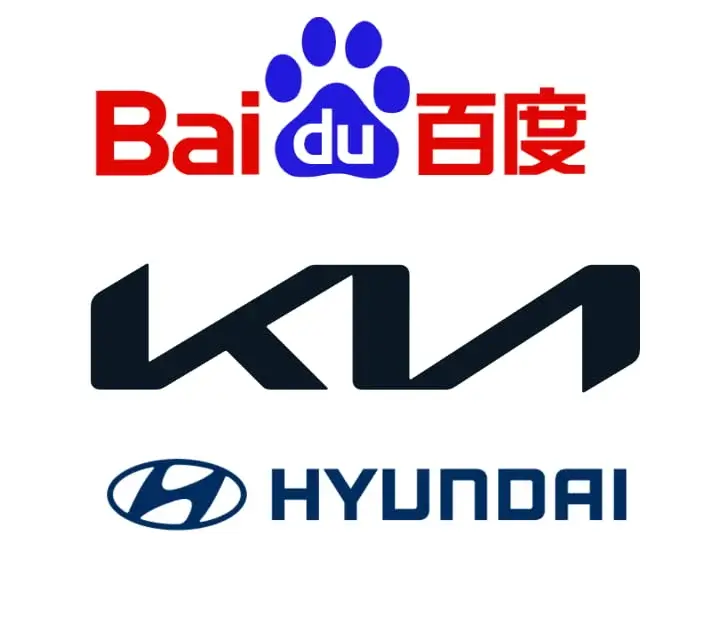In a strategic move to advance connected car technology, Hyundai Motor Company and Kia Corporation have signed an agreement with Baidu Inc., a prominent Chinese tech giant. This partnership marks a significant milestone in the development of cutting-edge automotive technologies.
Collaboration for Innovation
The signing ceremony, hosted at the esteemed Yosemite Hotel in Beijing, China, brought together key representatives from all parties involved. Figures such as Song Chang-hyun, Head of Hyundai and Kia's Advanced Vehicle Platforms (AVP), and Wang Yunpeng, Head of Baidu IDG and Vice President of Baidu Group, were present to formalize this collaboration.
Driving the Future of Connected Cars
The main goal of this partnership is to drive innovation in the connected car market, particularly within China's rapidly expanding automotive industry. By joining forces, Hyundai, Kia, and Baidu aspire not only to meet but to surpass consumer expectations by offering unparalleled value through technological enhancements.
Advancing Automotive Technologies
This agreement will leverage Baidu’s Smart Cloud to develop solutions that adhere to China’s stringent data regulations. Additionally, the collaboration will explore areas such as connectivity, autonomous driving, intelligent transportation systems, and cloud computing, setting the stage for a new wave of mobility solutions.
This partnership signifies a strategic alignment between Hyundai Motor Group’s SDx software strategy and Baidu’s expertise in connectivity, AI, autonomous driving, and search technologies. Building upon their successful collaboration since 2014, Hyundai, Kia, and Baidu have jointly developed various connectivity systems like navigation, voice recognition, and smart content services.
Hyundai and Kia have jointly expressed their dedication to creating a robust ecosystem for connected cars in the Chinese market, emphasizing their commitment to driving innovation and meeting the evolving needs of consumers. With China’s connected vehicle market poised for rapid growth, this collaboration is expected to drive substantial progress in the automotive sector, shaping the future of mobility in China and worldwide.


Leave a Reply